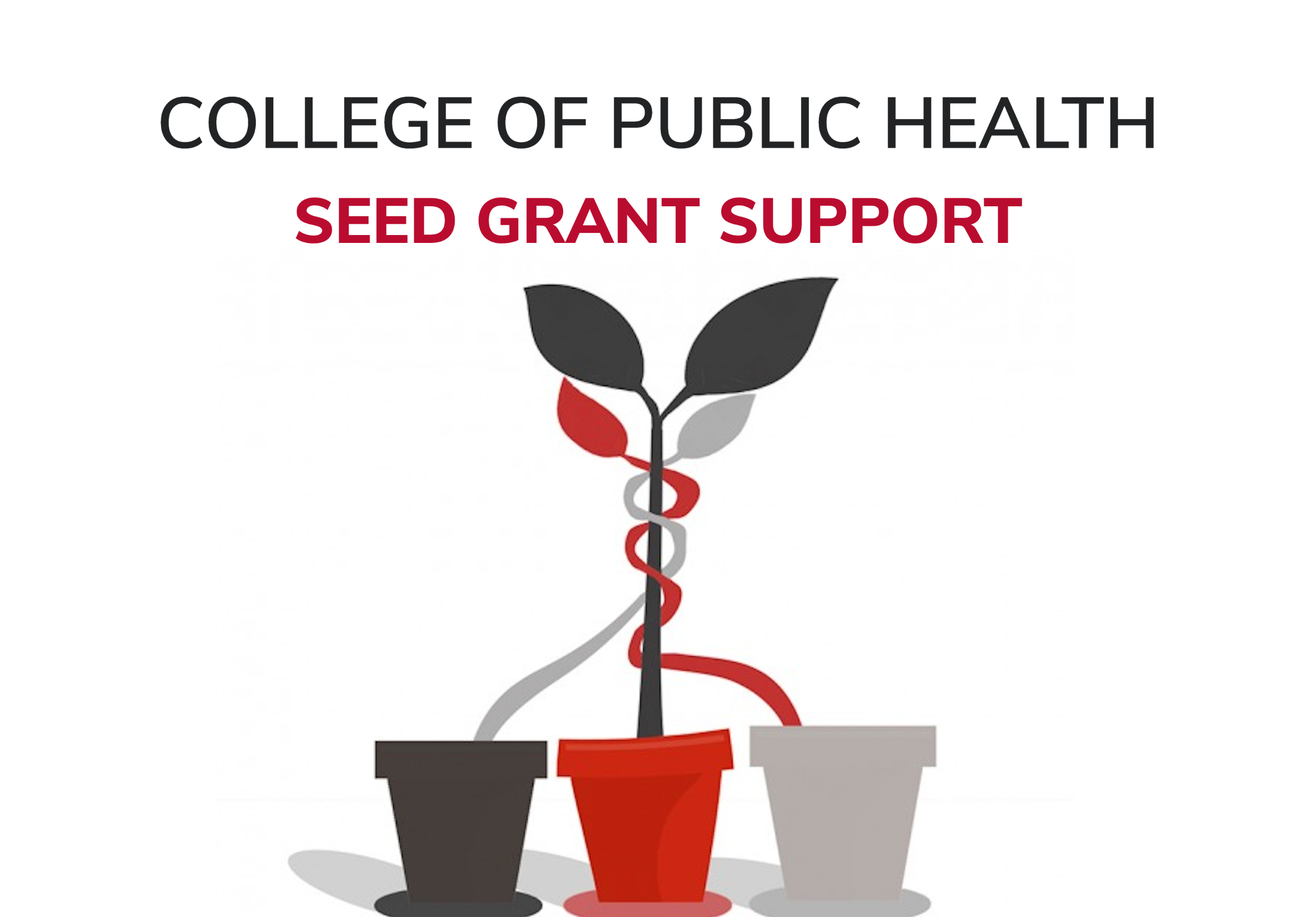CPH seed grant supports research on opioid crisis response
Marian Moser Jones will explore impact of pandemic backlash
By Kristen Mitchell

The College of Public Health awarded a $100,000 seed grant to Associate Professor Marian Moser Jones to lead a project focused on how the backlash against the COVID-19 pandemic response has affected state and local public health officials’ ability to respond to the opioid crisis.
Opioid overdose deaths climbed to “skyrocketing rates” as public health resources were redirected to COVID-19 response in 2020 and people lost access to treatment and support groups, Moser Jones said. Now that the pandemic has subsided, officials are turning their attention to tackling this challenge.

“I’m interested in, how are these health officers able to do this response?” she said. “Are they compromised in their ability, or on the other hand, is it this a rare opportunity to bring people back together because, in this country that’s so polarized politically and socially, most people agree the opioid overdose epidemic is something that we need to address.”
While opioid overdose death rates are starting to come down in some states, they remain “frighteningly high,” Moser Jones said.
This seed grant is funded by the college and CPH supporters Phyllis Cummins ’73 BS and Donald Dyche. The new research will be the first collaboration between Moser Jones and Alex Bennett, director of the Opioid Overdose Prevention Program at New York University and an expert in the opioid misuse and overdose crises.
With the funding, Moser Jones will build on existing research interviewing state and local public health officials about their experiences during the pandemic. The Mellon Foundation recently awarded Moser Jones and her collaborators $1.25 million for a multi-university project documenting their experiences and the backlash they faced for mask mandates, shelter-in-place orders other public health measures.
Seed grants support faculty as they collect critical preliminary data needed to secure external funding for broader projects to address public health challenges, said Maria Gallo, CPH associate dean of research. As part of this new line of research, Moser Jones will conduct interviews with public health officials to collect preliminary data needed to apply for a larger external grant.
“The opioid epidemic continues to present as a defining public health issue of our time. I am grateful to our donors, whose support allowed our college to recently issue a call for opioid-related research,” Gallo said. “Congratulations to Dr. Marian Moser Jones for proposing to conduct innovative new research to inform our efforts to address this crisis.”
About The Ohio State University College of Public Health
The Ohio State University College of Public Health is a leader in educating students, creating new knowledge through research, and improving the livelihoods and well-being of people in Ohio and beyond. The College's divisions include biostatistics, environmental health sciences, epidemiology, health behavior and health promotion, and health services management and policy. It is ranked 22nd among all colleges and programs of public health in the nation, and first in Ohio, by U.S. News and World Report. Its specialty programs are also considered among the best in the country. The MHA program is ranked 5th and the health policy and management specialty is ranked 21st.